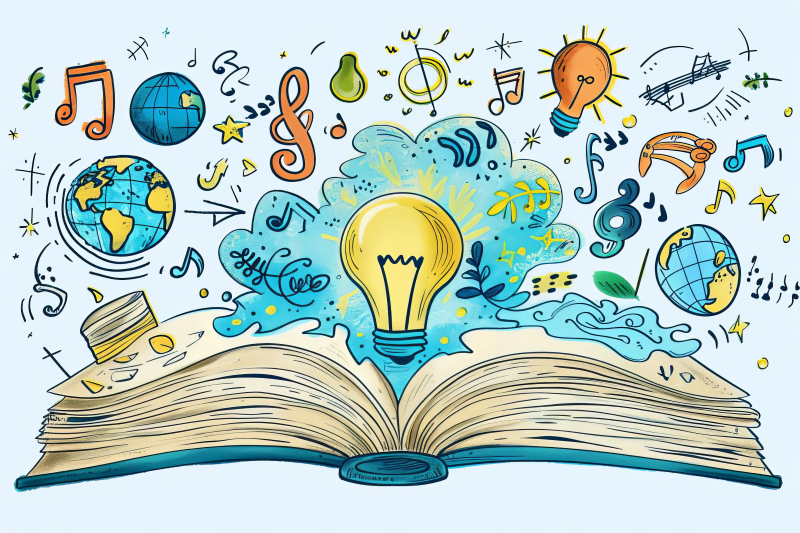Featured Professional Learning Opportunities
Day 3: February 5, 2026
Power Up Evidence-Based Reading Intervention with LLI
K-8Join us in New Jersey! Strengthen students’ reading and writing competencies with Leveled Literacy Intervention (Levels A–W: Orange, Green, Blue, Red, Gold, Purple)
Leading for Literacy: What Every School Leader Needs to Know
K-6In this 4-day institute for school principals and administrators, learn how to support literacy teaching in grades K–6. Learn how to improve student literacy outcomes by developing a coherent vision for literacy and a vibrant school culture that supports teamwork and continuous professional learning.
Linking Assessment to Teaching: Reading, Writing & Word Study
K-8In this 8-week online course, you’ll develop the skills to systematically observe and analyze students’ reading, writing, and word-solving behaviors.
Over 35 Years of Academic Excellence in Literacy Learning
The Center for Literacy Teaching & Instructional Leadership at Lesley University has been engaged in thirty-five years of innovative, research-based, system-wide educational improvement efforts. We are focused on a single mission—to ensure that every child has the opportunity to live a literate life.
We have been working with educators in school systems to improve children’s literacy.
Featured Blog Posts
Spelling: Harnessing the Power of Word Knowledge
Becoming a strong speller requires much more than memorizing words. Good spelling is a result of good teaching.
Reading to Learn While Learning to Read
Is it reading to learn or learning to read? In reality, these two processes develop together, not one after the other. As children are learning how print works, they are also learning from what they read. They are making sense of language.
Beyond Right and Wrong: Cultivating Deep Comprehension Through Teacher Listening
What do you listen for during comprehension conversations? The answer to this question might be the key to facilitating conversations that evoke and foster deep, meaningful, stimulating discourse during whole group, small group, and individual conversations.





